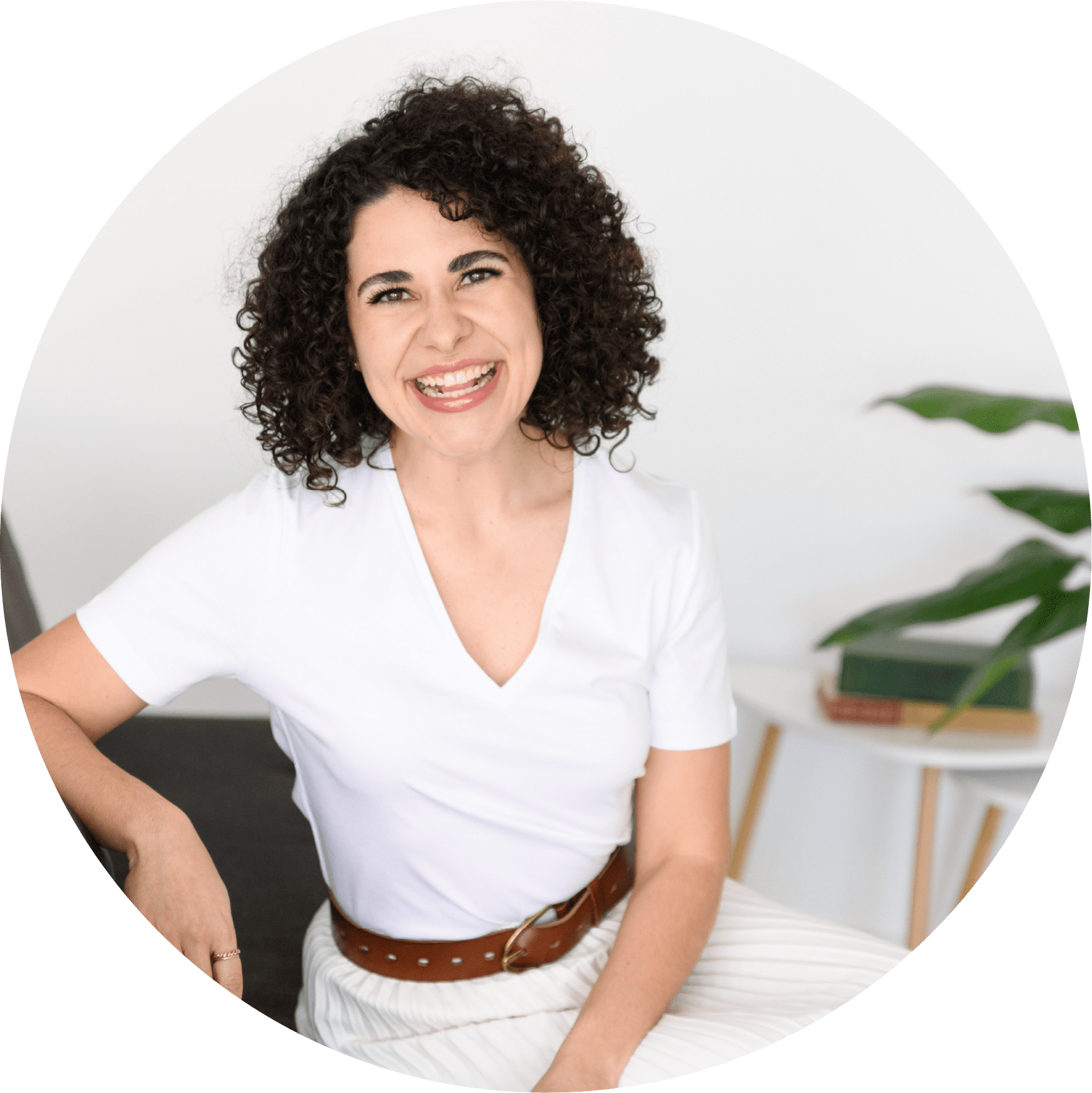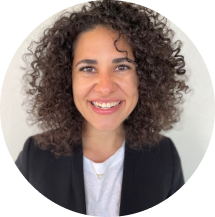Top 3 Myths about Couples Counseling in Edmond
You might still be on the fence about taking the next step towards couples counseling. It’s possible that you have heard some myths about couples counseling and what it means about your relationship if you decide to attend. Let’s take a look at the top 3 common myths that people have about couples counseling in Edmond.
I hope that in reading this blog you are given some information regarding couples counseling myths.
Myth #1 We aren’t married and couples therapy is only for married people.
A common misconception and to be fair for many of those that have received training in relational therapies are LMFTs. Licensed Marriage and Family therapists, so you can see how that makes it seem like the marriage part is a prerequisite but it’s not. Couples therapy is for couples. If you and your partner are together and want to better understand your dynamics, identify stumbling blocks and learn what ways you can improve this relationship then couples therapy can be a good fit.
Myth #2 Couples therapy means we are getting a divorce.
Maybe, I can’t predict the outcome of couples therapy for you. There have been many cases in which couples therapy has ended with divorce but at the same time we will never know what would have happened to those couples if they had not attended counseling. I know, this isn’t a comfy feel good response. The truth is that many couples wait years to attend counseling. Sometimes by the time the couple comes in the options for continuing to sustain the relationship may no longer be viable. However, that does not mean that couples therapy = divorce. It does mean that there is something off in the relationship. Here’s to hoping that people will start coming in for counseling just to check in on the health of their relationship.
Myth #3 Couples counseling will only make things worse.
This is a very common concern and to some extent it’s a fear we all have when we are searching for help and wanting things to improve. After all, we don’t usually reach out to a professional with the expectation that things will get worse. However, similar to going to your dentist and being told you have a cavity. The experience of getting a filling isn’t delightful but it does improve dental health. At the same time, we don’t think of our dentist as making things worse for us even when we are going through discomfort. Therapy, therefore will involve discomfort but the discomfort is purposeful. The discomfort is created intentionally to ultimately assist you and your partner into transforming your relationship.
I hope this helps to debunk some common myths about couples counseling in Edmond and how these myths may impact your view of therapy. If you are ready to start your couples counseling journey in Edmond then book your free discovery call with me. Let’s uncover the transformative potential of therapy, guided by a clear plan and the expertise of the right therapist can help you now, tomorrow and well into your future.















